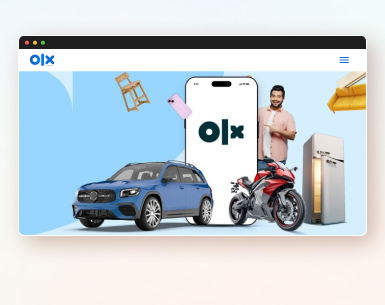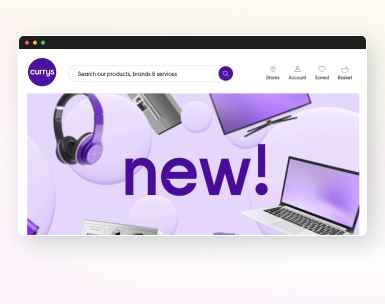Introduction
As a leading global vacation company, Royal Caribbean Group operates a fleet of over 60 ships across brands like Royal Caribbean International and Celebrity Cruises, serving millions of guests across more than 1,000 destinations worldwide. The company’s complex, customer-facing eCommerce platforms are mission-critical for driving global revenue, managing bookings, and delivering a seamless digital guest experience.
Spearheading the quality initiatives for these platforms is Dmitry Sokolovsky, Sr. Director of Test Engineering and Site Reliability. As a visionary executive with over 20 years of experience, Dmitry is responsible for driving the group’s overall QA vision, architecture, and delivery strategy, focusing on “Quality Excellence programs” and implementing efficient automation frameworks.
Under this leadership, the team’s platforms require extensive validation across all global markets, devices, and user journeys. While Dmitry’s automation engineering team has built robust frameworks, a large portion of the QA workforce has historically focused on manual testing.
Accelerating manual QA at scale
Prior to BrowserStack, the reliance on manual testing meant that validations were time-consuming, repetitive, and prone to human error. This created significant bottlenecks in release cycles and severely limited the speed at which the company could scale its quality efforts.
The challenge for Dmitry and his team was clear: how could they improve efficiency and accelerate validation for their manual QA teams, without requiring deep programming expertise?




